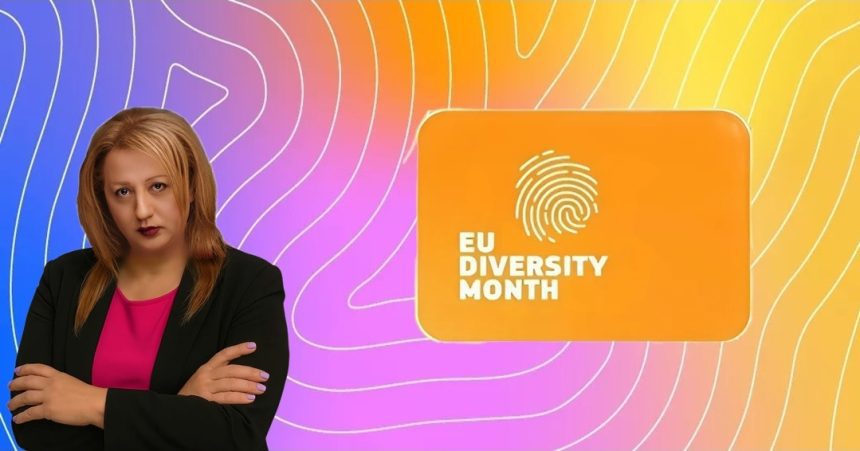Written by Anna Apergi Konstantinidis, Special Advisor Diversity Charter Greece
Mental health is not an individual matter! It is influenced by circumstances, relationships, expectations, and whether an individual feels they belong. And this is where diversity and equality are not just terms embedded in regulatory texts, but are the solid foundation for a protective, empowering, and caring work environment.
From invisible wear and tear to institutional responsibility
How many working people are forced to “hide” their true identity in the workplace? How many people in the LGBTQI+ community are afraid to speak out? How many women or femininity in general suffer from sexism or are excluded from leadership positions? How many working people with disabilities do not have the appropriate means of support? How many people experience racism and/or age discrimination?
All of these are not just issues of ethics! They are directly linked to the mental well-being of all working individuals. A non-inclusive environment creates anxiety, insecurity, alienation. An inclusive environment offers safety, respect and acceptance, that is, all the necessary foundations for a working individual to be able to perform, collaborate and prosper.
The Diversity Charter: A Roadmap to Inclusion
The Diversity Charter for Greek Businesses, Bodies & Organizations ( Diversity Charter Greece ) [1] , an initiative of the European Commission, encourages businesses to commit to promoting and defending diversity on all axes: gender, expression, gender identity and characteristics, age, race/ethnicity, sexual orientation, disability, chronic diseases, religious or cultural beliefs.
But most importantly: the Charter is not just a text of principles — it is an open call to action.
By incorporating these values, businesses and organizations can create truly sustainable work environments . To “adopt” policies that prevent discrimination. To provide training around unconscious bias. To “adopt” inclusive language and structures . To support groups of employees belonging to vulnerable population groups, and —most importantly— to listen to their needs.
Good practices that enhance mental health
The connection between inclusion and good mental health is not theoretical. Businesses and organizations that implement inclusion practices have been shown to have:
- Lower burnout rates
- Higher levels of employee engagement
- More creativity and innovation
- Better working and social relationships between colleagues
Some simple, but essential examples of good practices:
- Creating safe spaces for discussion and support
- Provision of psychological support and coaching services
- Flexible hours for caregivers or parents
- Visibility of all gender identities and respect for self-identified identity
- Educational/Training actions on diversity, equality, inclusion, as well as mental health, stress management and resilience
All of the above are not privileges. They are tools of equality!
Call to Action: How to get started with the Diversity Charter
Creating an inclusive and mentally healthy work environment starts with a commitment – and signing the Diversity Charter is the first step.
- Step 1: Sign the Charter
Visit diversity-charter.gr and complete the participation form . The signature indicates the commitment of your business or organization to strengthening equality, inclusion and diversity at all levels.
- Step 2: Map the current situation
Assess the company’s culture and policies. Are there exclusions? What voices are not being heard? What barriers exist to employee mental well-being?
- Step 3: Implement tangible actions
Implement inclusive policies, raise awareness through training, and create an environment where all employees feel safe and accepted. Inclusion is a daily practice, not a formal policy.
- Step 4: Collaborate and learn
Implement Diversity Days and exchange good practices with other businesses. Participate in European Diversity Month initiatives and seminars. Inclusion is a collective effort.
- Step 5: Demonstrate your commitment
Communicate publicly your participation in the Charter. Open a dialogue with the people working in your company. Listen to their experiences. Change starts with trust.
From theory to practice
In a world that is fast-paced and changing rapidly, the work environment cannot remain indifferent, nor stagnant. Mental health is not a “personal issue”! It is a fundamental indicator of sustainability, both for people and for organizations .
The European Diversity Month calls us not only to celebrate diversity, but also to integrate it. And to remember: there is no inclusion without mental care. And there is no care without meaningful acceptance of all our fellow human beings, without discrimination and without asterisks!
[1] Diversity Charter Greece: https://diversity-charter.gr/











